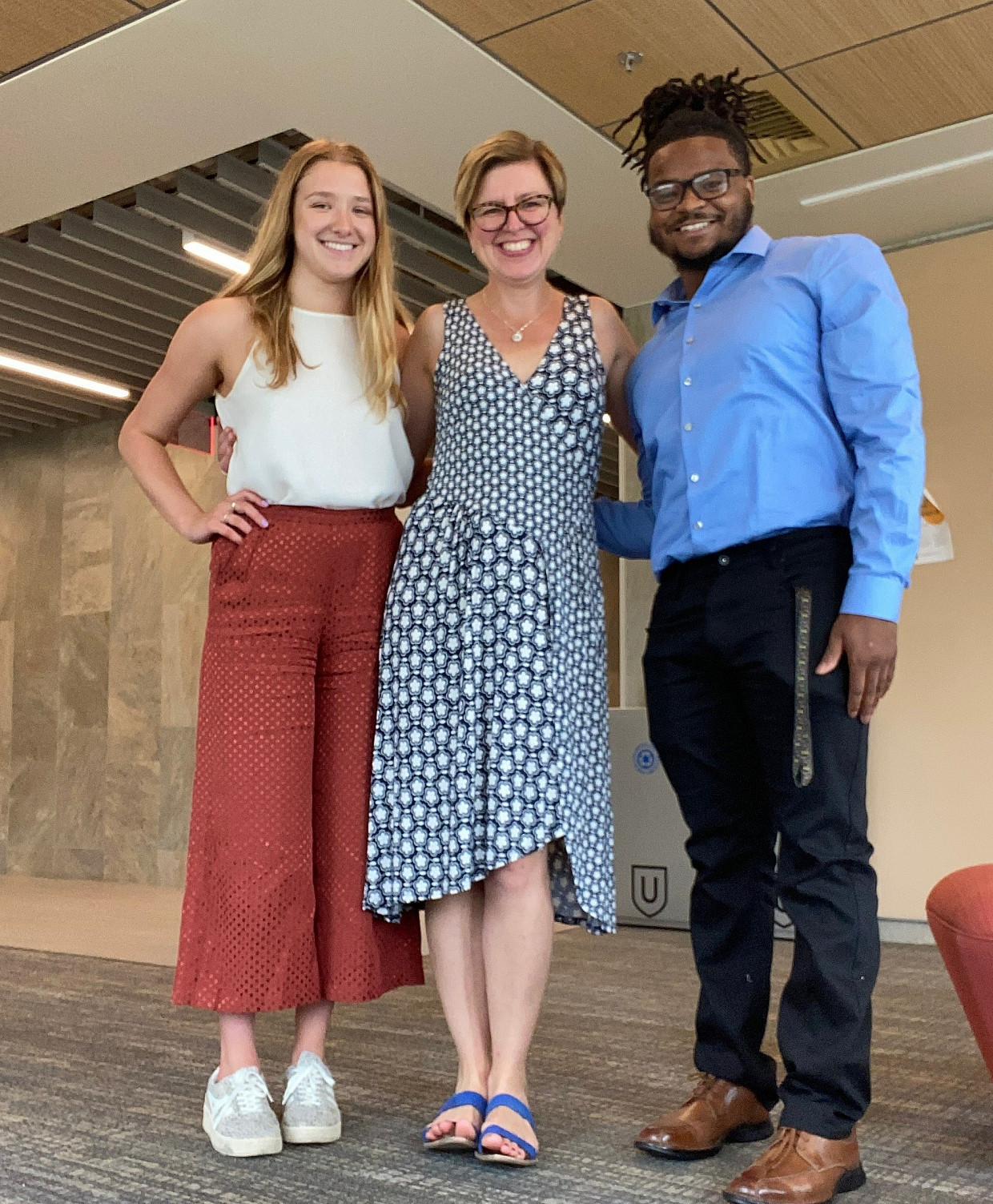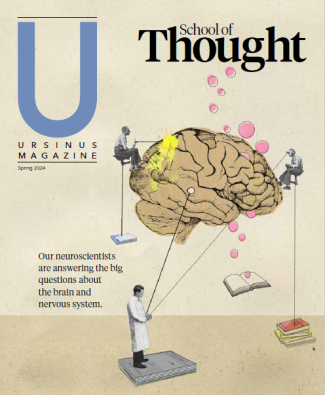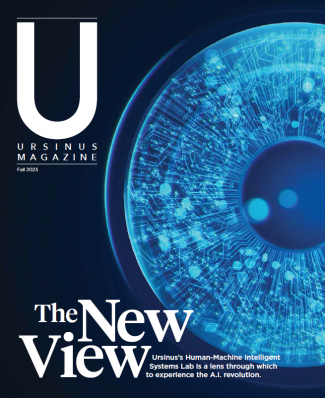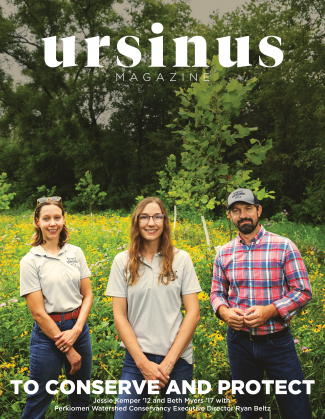
NIH Funding Continues Crucial Work in Lyczak Lab
In Rebecca Lyczak’s lab, the big picture is understanding cell divisions and embryonic development—more specifically, the regulation of the cell cycle in this process. Over the years, the professor of biology and her student researchers have taken particular interest in a protein called PAM-1 in the model organism C. elegans.
Once again, the National Institutes of Health has taken notice. NIH is funding work in Lyczak’s lab so that she can build on research that has uncovered PAM-1’s role in cell division, particularly as it relates to fertility. The three-year grant renewal from NIH will help fund student researchers over the summer months, as well as a FUTURE program student researcher, and will make it possible for students to travel to conferences to present their findings.
Proper regulation of the cell cycle is necessary for development, tissue regeneration, fertility, and the prevention of cancer. Lyczak initially discovered the PAM-1 protein, its role in cell division, and what happens during embryo development. “We’re always studying mutations in pam-1. If the worms have a mutation in pam-1, then embryonic cells won’t divide properly, and the embryos are going to die,” she said.
Most recently, Lyczak’s widely published research identified “suppressor” genes that, when mutated, counteract the pam-1 mutation. They identified one suppressing mutation in wee-1.3, which encoded a regulator of the cell cycle.
“It’s exciting because it’s the first direct link between a known component of the cell cycle machinery and our gene, pam-1,” Lyczak said. “In our most recent publication, we characterize some different suppressors that we identified. For example, whereas normally only 2% of the [C. elegans] embryos hatch, you have a secondary suppressing mutation that now allows 45% of the embryos to hatch. Our recent research characterizes that interaction and how [the proteins] seem to work together.”
Understanding the role of these proteins in regulation of the cell cycle could impact our understanding of infertility and early development, Lyczak said.
The research experience is invaluable to Ursinus students, and many who have worked with Lyczak on this research are co-authors on a published paper in G3: Genes, Genomes, Genetics, a peer-reviewed open-access scientific journal. Those student authors—who have gone on to pursue advanced degrees—are: Dorothy Benton ’18 (Ph.D. candidate at Drexel University School of Medicine); Arielle Kilner ’15 (senior scientist at the Center for Breakthrough Medicine); Ashley Kimble ’13 (resident doctor at UPMC Children’s Hospital of Pittsburgh); Emily Schleicher ’16 (Ph.D. candidate at Penn State Hershey Medical Center); Kaiden Power ’15 (Ph.D. candidate at Rutgers University); Danielle Uibel ’18 (medical student at Touro College of Osteopathic Medicine; and Caprice Eisele ’20 (Ph.D. candidate at Ohio State University College of Medicine). NIH first funded Lyczak’s work in 2014.


